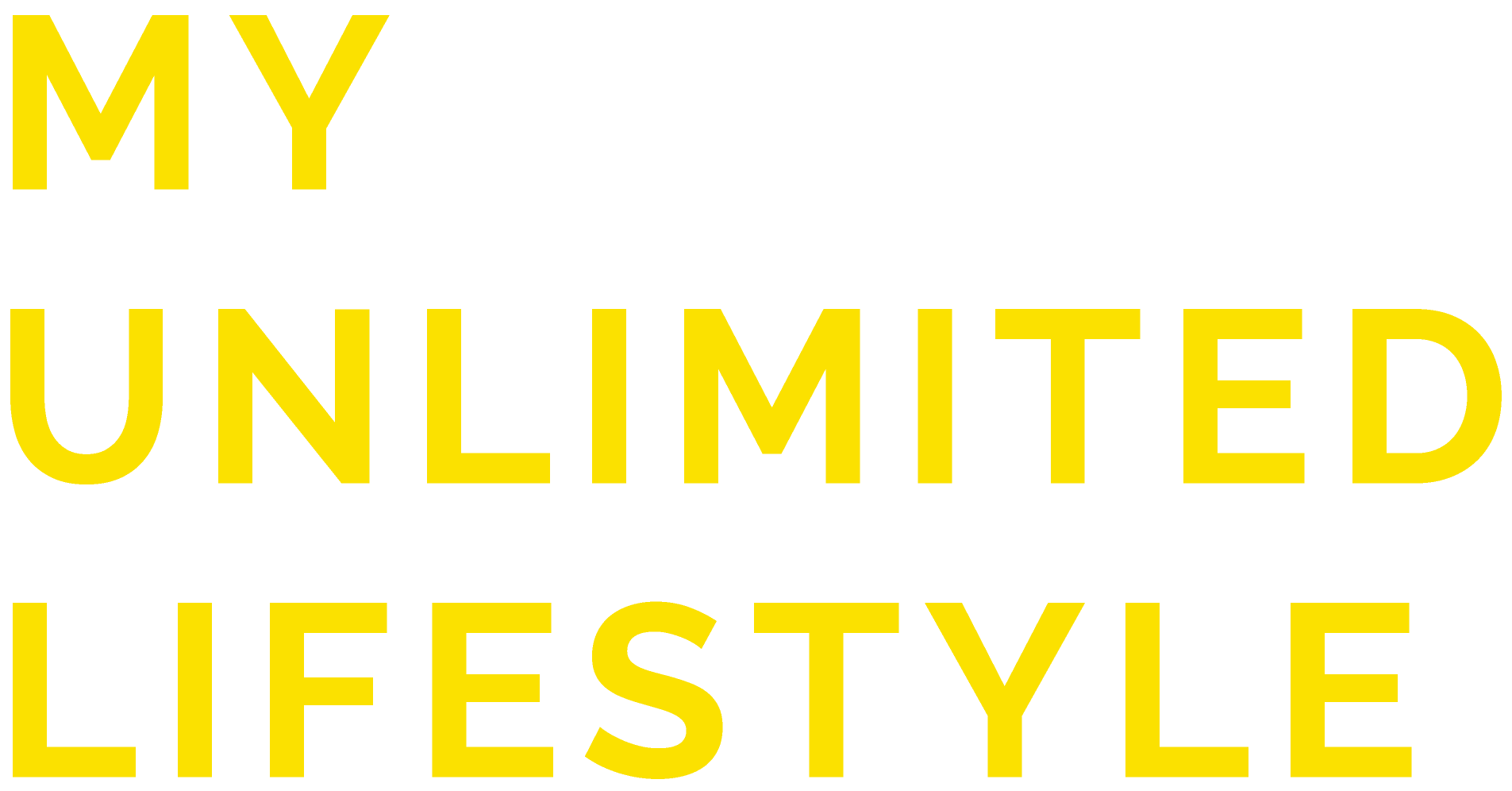The automation and digitalisation of tasks have made an employee’s soft skills – or interpersonal skills – more valuable than ever. Because no machine will ever be able to imitate empathy, creativity, or leadership. But that’s not the only reason. An employee’s individual personality traits are as important to businesses as their knowledge and experience. Every company wants its employees to do their jobs well. However, they also want them to bring a positive attitude and help build a constructive working environment. In this article, we’ll go into soft skills in more detail, talking about why they are important, which ones are in demand right now and what we can do to improve them.
What are soft skills?
Soft skills are those personal qualities that are required to succeed at work. They relate directly to the features of the way of being and mentality.
These qualities determine how a person interacts in their relationships with others, a very valuable aspect in work teams, which must be taken seriously. More and more companies want to strengthen their work environments and ensure that the best talents are ready to choose them to work, which results in a greater effort to foster a warm climate for all. And naturally, the professionals who enter must be responsible for preserving these values, which is why Soft Skills have been increasingly necessary.
The most in – demand soft skills
Creativity
To be creative you don’t have to be an artist. This gentle skill prevents companies from stagnating. Like technology, industries are constantly evolving. In this context, having an employee who knows how to think outside the box, who brings original ideas and who is not afraid of disruptive innovation, has considerable added value.

Communication
The ability to express oneself clearly, both verbally and through writing, is essential in any workplace as a soft skill. When people communicate in an assertive and appropriate way, problems and challenges that arise during the development of projects can be solved. For example, in an era of digital transformation that requires constant adaptation, communicating the progress made in different media becomes essential.

Leadership
Being a leader is not natural for everyone. Companies of all kinds need leaders in different departments who know how to lead their respective teams. All depending on the achievement of institutional and trade objectives. At the same time a marketing analyst, for example, can act as a leader even if he or she does not occupy an office management position. This location is reflected when you encourage your peers to be more productive, share the knowledge you gain and listen to others carefully to identify potential improvements.

Emotional intelligence
Knowing how to manage emotions in the workplace helps to strengthen the company’s culture, along with other essential values. Additionally, it is required to form and sustain high-performance equipment.
Here’s an article that tells you some signs about having emotional intelligence.

Positive attitude
It is not a secret that employees will encounter obstacles in any work environment. Either because of a disagreement with a client or to determine how to run a project on a tight budget. Individuals have to overcome obstacles effectively and efficiently, and this requires so-called active listening. These aspects contribute to the growth of the institution.
Human Resources should look for employees with soft skills like friendly, keen to work, and who, in general, people enjoy spending time with. Maintaining a positive attitude is especially important in high-pressure or stressful work settings.

3 steps to improving soft skills
It is true that some soft skills are part of the behaviour and innate characteristics that an individual possesses. However, this does not mean that there are no strategies to develop them. Certain initiatives can help staff learn them. Next, we will talk about some methods.
Educate
Employees should understand what soft skills are and understand the direct impact they have on their development. As well as internal discussions or individual meetings to explain this, you can also encourage workers to read books on personal development. Program training and career plans that contribute to the development of certain soft skills. For example, courses that provide techniques for teamwork; stimulating creative thinking; improving communication.
Feedbacks
This goes beyond the traditional monitoring and evaluation of results meetings. It resembles the relationship between a mentor and the person counselling. It is convenient for the employee to feel that he can express himself freely and be heard. On the other hand, group feedback activities allow new members to adapt to the role they play. A sample of this is the focus group. These initiatives also stimulate daily work and contribute to the early detection of problems.
Set goals
In this initiative, team members are tasked with responsibilities that go beyond their day-to-day tasks. Among them are the communication of progress, the control of time, and the documentation and development of the project, just to mention some alternatives. It is important to note that people operate naturally on the basis of incentives. Specifically, they do what has a reward. To encourage them not only to start their soft skills learning journey but to continue it, rewards and incentives are critical.
How to hire considering soft skills?
As we saw, companies need soft skills now and in the future. With this in mind, it should be known that it is not enough just to train current company staff. It is also crucial to ensure that the new talent that is becoming to work in your company, is ready with the skills most needed from day one.
Generally, recruiting staff with soft skills is a complicated task. This is because it involves structured interviews that generate answers that include details about the past work of seekers and the life experiences that contribute to who they are today. Also, it is possible to apply situational judgment tests by which the interviewer places the candidate in a hypothetical scenario and asks him how his performance would be
If you want to know the difference between soft skills and hard skills then don’t miss this post.






